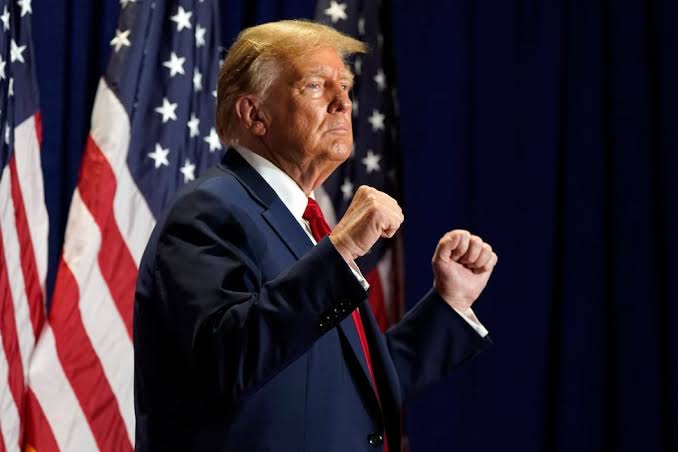
In a unanimous decision, the US Supreme Court ruled against individual states’ attempts to disqualify Donald Trump from running for president using an anti-insurrection clause.
The ruling specifically addressed Colorado’s move to exclude Trump from its Republican primary, arguing his alleged role in inciting the 2021 Capitol riot. The court asserted that only Congress, not states, holds the power to enforce such measures.
Following the ruling, Trump celebrated the decision as a victory for America on his Truth Social platform, emphasising the need for unity. Meanwhile, Colorado’s Secretary of State expressed disappointment, stating the state’s right to bar insurrectionists from the ballot.
While the decision clears the way for Trump’s participation in the Colorado primary, it also impacts similar efforts in Maine and Illinois. The court’s opinion highlighted that states lack constitutional authority to enforce provisions against federal candidates, leaving such matters to Congress.
Although the ruling settles immediate disputes, it raised concerns about future enforcement and constitutional interpretation. Legal scholars note potential consequences and the unresolved issue of Trump’s eligibility under Section 3 of the 14th Amendment.
As Trump remains a frontrunner for the Republican nomination, Tuesday’s Super Tuesday primaries in Colorado and 14 other states hold significance. With expectations of a Trump victory, the decision sets a precedent for electoral processes nationwide.
Read more: Ondo Varsity Staff Protest Unpaid N35,000 Wage Allowance
About The Author
Related Articles
Night Gunfire Near Presidential Palace Sparks Tension in Ouagadougou
Gunshots were heard late on the night of February 28 into March...
ByWest Africa WeeklyMarch 3, 2026Uganda to Start Domestic Gold Purchasing Programme to Boost Reserves
Uganda’s central bank has announced plans to launch a domestic gold buying...
ByWest Africa WeeklyMarch 3, 2026Ghana’s Cedi Expected to End 2026 Around GH¢12.85 to the Dollar
The Ghanaian cedi is projected to hold relatively steady against the United...
ByWest Africa WeeklyMarch 3, 2026Malian Prime Minister Presents 2025 Government Report, Pledges Stability and Reform
Mali’s Prime Minister, Major General Abdoulaye Maïga, has presented the government’s 2025...
ByWest Africa WeeklyMarch 2, 2026












